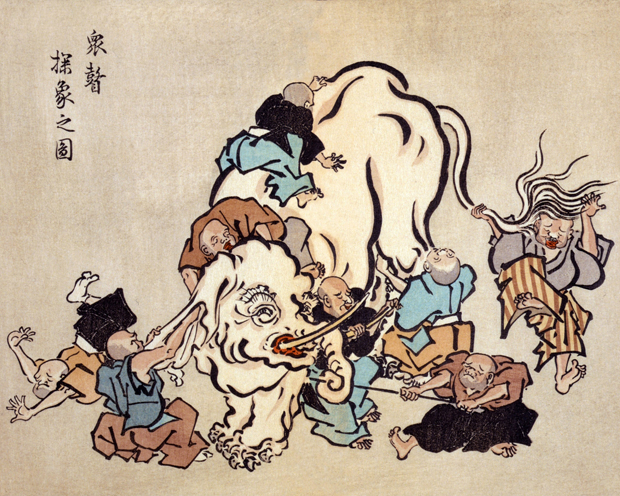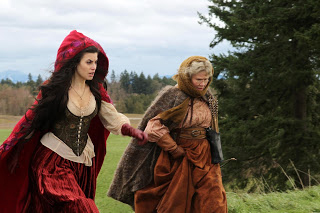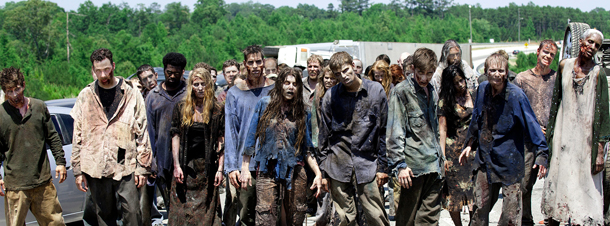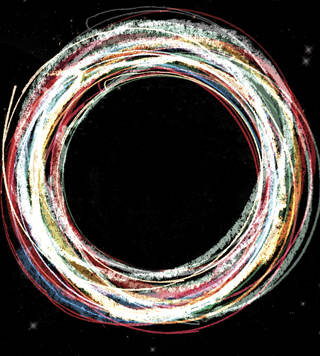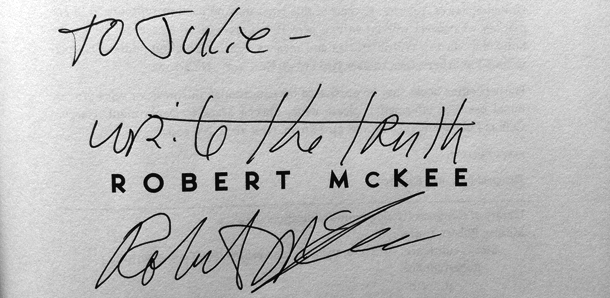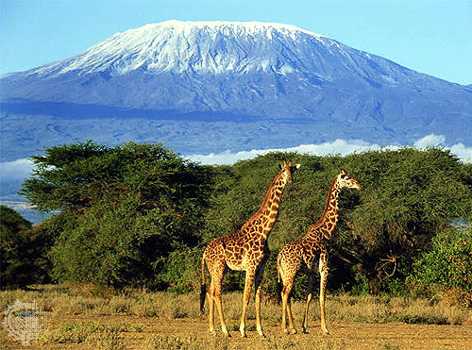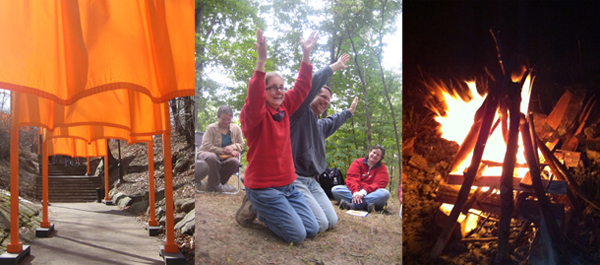The threshold between stories is the point of no return. From it, I have caught glimpses of many futures, but have yet to fully commit to the path of belonging, connection, and mystery. Not ruling out occasional lapses of courage, the main reason is that I have not finished making my peace with the false beliefs and broken promises that raised me.
Earlier this month, I launched the blog, Thriving on the Threshold, as a place of practice. It is a place to light candles in the darkness and take an honest look at the habits that separate me from the story of abundance, of my kinship and reciprocity with the world beyond the confines of human-made environments and culture. Mostly, it serves to remind me of what I’m here for: to experience joy. Stop by and join the conversation.

